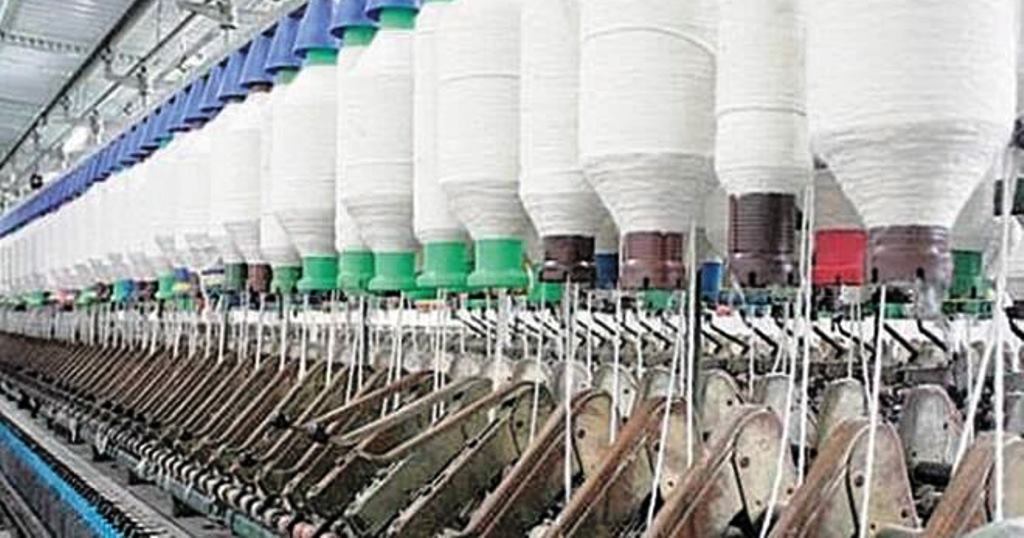THE Tanzania Agricultural Development Bank (TADB) will continue to work closely with the Nyanza Cooperative Union (NCU), to invest heavily in the textile and garment segments in an effort to propel the country’s economy.
For past years, investments in textile and garment segments had been quite limited, as there has been little focus on developing downstream activities and with this in mind, the bank’s Director of Credit and Business Management, Mr Augustino Matutu, said they will engage NCU to reach out to the small cotton producers and help build their capacity to enhance their productivity.
To start with, Matutu said the bank is currently in a process to disburse loan to NCU, for the revival of Manawa ginnery in Misungwi District, Mwanza Region.
He did not disclose the amount to be invested but said after a week, the bank’s experts will visit the defunct ginnery to examine the exact cost of investments required for revival.
Matutu insisted that the revival of textile factories and ginneries was essential for enhancing the Cotton-to-Clothing (C2C) sector in Tanzania.
“Revival of textile factories and ginneries like this in Manawa is essential for Tanzania’s economic development…it is the bank’s commitment to work closely with stakeholders in the sector, to ensure that all textile factories and ginneries built by the government several decades back are fully operational,” he said.
He demanded full commitment from cooperative union leaders and its members before they are provided with loans to facilitate revival of the factories and ginneries as well as capital to purchase cotton from small, medium and large scale producers.
Matutu insisted on the role of cooperatives in helping cotton producers to have access to markets.
He clearly said that without cooperatives, small producers are left with almost no form of collective organisation, at an immense disadvantage when taking their products or crops to the market.
He reminded them that to achieve their goals, cooperatives need to be commercially viable enterprises, able to survive and prosper in the marketplace.
“To be sustainable, cooperatives have to be run on a business-like footing. In contrast to other businesses, however, the rewards from their trading activities are available to be shared between all the members, on a collective basis,” he said.
On his side, NCU Industrial Manager, Benedict Muhoja said they are making good strides in efforts to revive all textile factories and ginneries in the Lake Zone.
He said, the revival was crucial to help small, medium and large scale cotton producers to have reliable markets for their product.
NCU Board Chairman, Benjamin Mikomangwa thanked the TADB for their keen interest in reviving ginneries, insisting that they will make good use of the loan to be disbursed by the bank to suit the purpose.







